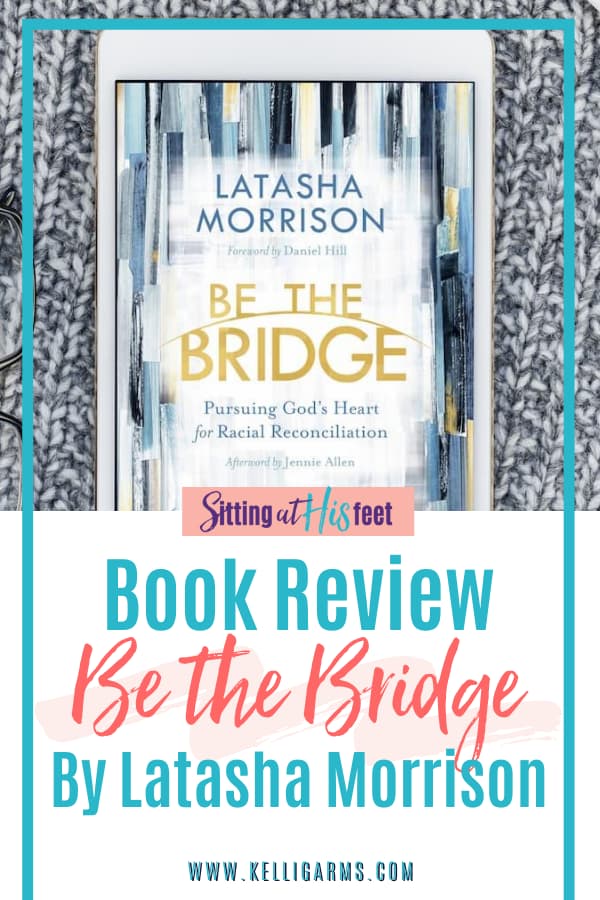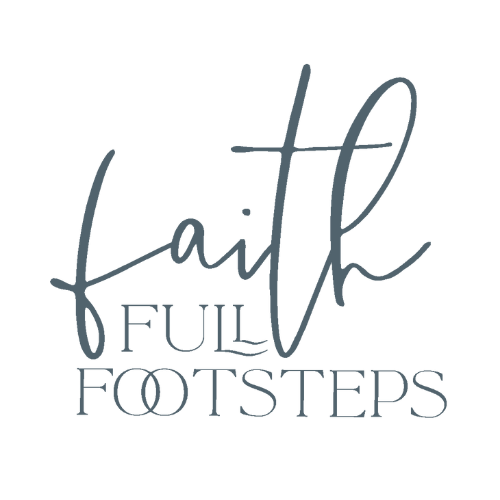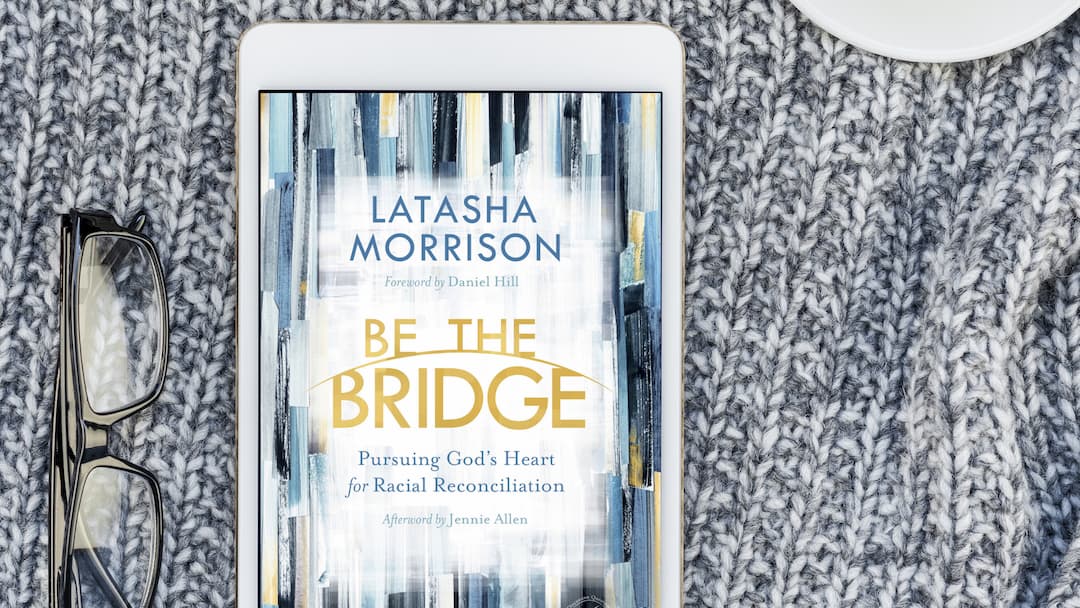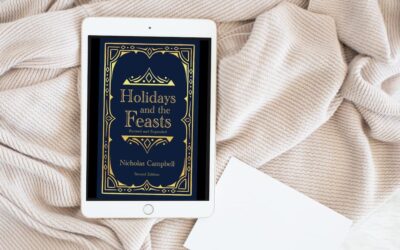If you’re like me, you have been listening and searching for good godly resources to learn how to navigate our current cultural climate. In that quest, I repeatedly came across Latasha Morrison’s book, Be the Bridge: Pursuing God’s Heart for Racial Reconciliation. This book was promoted and recommended by Christian leaders I trust and respect. And the title spoke to the very issue I was seeking: God’s perspective.
I approached the book with excitement and anticipation. Having grown up in another country and culture where my light-haired, light-eyed, light-skinned family stood out (we quite literally stood out; I remember being accused by one of my friends of slouching so I wouldn’t be so much taller than everyone else), I was anxious to understand how and when we had gone so wrong. How was it that we could all agree that Mr. George Floyd’s death was unequivocally wrong, yet that very event divided our country so dramatically? I was hoping to find an answer, a solution, a biblical perspective.
I had my hot tea in hand and was snuggled in my bed with my pillows propped up under me. I was in it! No interruptions, no notifications, no distractions. But as I started reading Be the Bridge, an unrest settled over me. Something wasn’t right. I began to realize this wasn’t a biblically-based, Christian book but was instead a culturally-driven book that contains Scripture within its pages.
I am a Christian first
As a believer who has gone on a journey of pursuing godliness, something has become very clear to me: When I became a Christian, my identity in Christ took precedence over every other identity I have.
Before I am a mom, I am a Christ-follower.
Before I am a wife, I am a Christ-follower.
Before I am a woman, I am a Christ-follower.
Before I am an American, I am a Christ-follower. And so on.
When I approach life from the perspective of being a daughter of God first, I can align my thoughts, words, and actions with Scripture and watch the pieces fall into place. But if I get my identity out of order, the filter through which I interpret life shifts. When my identity in Christ takes a back seat to my identity in anything else, I argue my positions from a worldly perspective and try to make Scripture fit that position. That is what I recognized in this book.
Morrison writes Be the Bridge as a black woman who happens to be a Christian, not as a Christian who happens to be a black woman.
Why is this a problem?
While there may be nothing wrong with following Morrison’s formula for racial reconciliation as laid out in Be the Bridge (though I would argue not all of the steps are biblical), the solution she presents is a secular solution that is firmly rooted in the current culture. Because the solution is not biblical, she must take Scripture out of context to make it fit the argument.
Some examples of this:
- She quotes John 8:32 and other references about truth to support her argument that we must learn our nation’s “true” history. While I am in favor of hearing the untold stories of all ethnicities in our history, the Truth Scripture describes is not in the historical accuracy of America’s past but in the Gospel. The Truth that sets us free is the truth of Christ’s death on the cross to atone for our sin and His resurrection from the grave as He defeated death.
- She cites the stories of Ezra and Daniel as they repented before the Lord on behalf of the entire nation of Israel during a time of judgment in Israel’s history to argue that white people should repent for the atrocities committed against minorities in American history. Ezra and Daniel lived during the time of a priesthood system established by God that was abolished when Christ became the final sacrifice. Now we have a personal and individual relationship with God, and while we can feel sorrow for the sins of another, we can’t repent on his behalf. And they repented before God, not before man, but Morrison indicates that the reader needs to demonstrate remorse and repentance before men, though it is unclear to which person(s) one would go to seek forgiveness.
- Finally, she uses the Great Commission given in Matthew 28:18-20 to argue that, in an effort to accomplish God’s plan of racial reconciliation, we must reproduce her bridge-building groups. So she uses the Great Commission as an argument to go and make disciples, not for the cause of Christ, but for the cause of racial reconciliation.
These are just a few of the examples where Scripture is taken out of context to support a cultural expectation.
While I disagree with the overall premise of the book, I am glad I read it. It has given me a very clear picture of how cultural Marxism is infiltrating our churches. It is subtle because, on the surface, it looks like a biblical solution. It looks like loving your neighbor. But cultural Marxism can never be joined to a biblical argument successfully because it is an opposing worldview. More on this in a future post.
In Conclusion
The conclusion I have reached after reading this book, listening to so many contradictory voices, and researching the topic is that the solution will only come when we are changed from the inside out. Following someone’s prescribed steps without the transformative power of salvation and the clarity of Scripture will never satisfy. True change will only come as we grow closer to the One in Whose image we are created.
To learn more about how to study the Bible on your own so you can become a discerning reader, check out my FREE Bible study workbook: 6 Steps to Study the Bible on Your Own. You can download it here.
[activecampaign form=13]
Disclaimer: This is a review of the content of this book specifically. It is not a commentary on the author or anything else the author has written, said, or done.







Thank-you for sharing your thoughts on this. I so value it! I’m looking forward to hearing your take on Cultural Marxism too.
Thank you, Amanda. The Cultural Marxism post will definitely be an interesting one to research and write!
Thank you for clarifying this slight distortion of the TRUTH we hold as Followers of Christ first and foremost. I had also read of this book as a highly recommended way to help with our racial divide.
Excellent review, and I would like to share it with others. The Enemy loves to corrupt the purity of truth with his slight of hand disceptions.
Thank you, Joan! You are welcome to share the review.
I’m having a hard time finding on the internet any critical reviews of this book (except for yours). I appreciate your review. Do you know of any others?
I have not seen any, but I also haven’t looked for them. I try not to read other reviews when I have committed to review a book so that I remain unbiased.
Hi Jason,
There are some in depth ones on Amazon. And also https://shenviapologetics.com
Thank you for posting this review. I am glad you explained the biblical vs cultural differences. I probably will never read the book, but I am sure I will run into the arguments at some point.
Thank you for your commentary, Kelli. Tho’ I admittedly haven’t read the book (and don’t intend to), I have read many reviews of it over the past couple days and I know I would agree with you wholeheartedly if I were to read it. I am very familiar with the BLM movement and will note right up front that I understand it as a Marxist movement which has cloaked itself in the disguise of a movement “calling for equality for blacks”. This book is about their agenda, which is a totally political in nature, and yet it attempts to identify itself as a Christian study book in an effort to join it’s propositions to Christian teaching. I pray most will see thru her baloney.
That was helpful. Thank you. I’m discerning whether I want to participate in the If Gathering that is being held at our church.